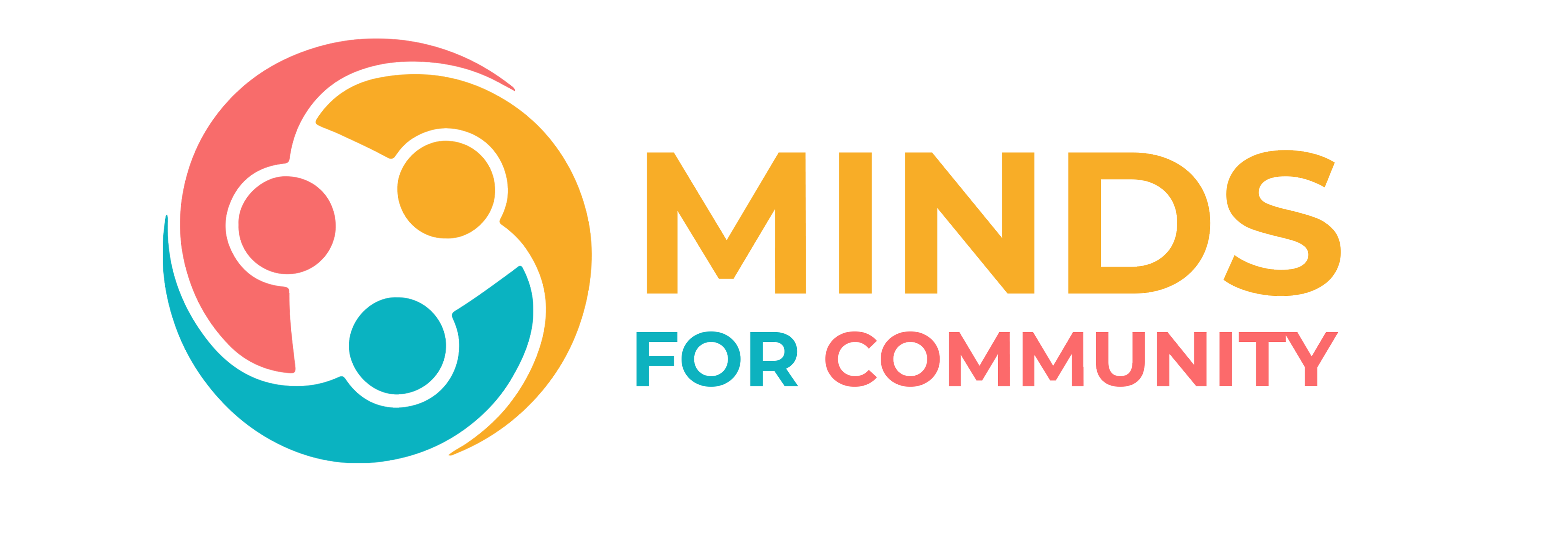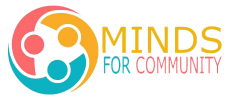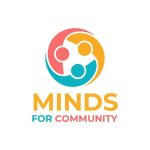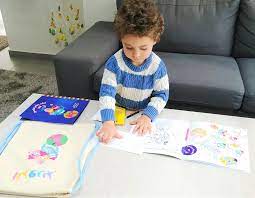The lockdown has been difficult for most people, as the world adapts to the strict measures necessary to combat COVID-19. For children, the challenge is a big one as they find themselves suddenly unable to learn in the appropriate settings, or to run around outside with their friends. This situation becomes even more problematic when children are in particularly vulnerable circumstances, in need of humanitarian assistance and with few outlets to help them deal with the reality.
Several hundred children in Lebanon were pleasantly surprised this month when they discovered the zorbs, the colorful alien characters helping young generations understand the values which help keep the world safe. In different institutions, UNODC delivered useful and entertaining kits, to 500 children through the Municipality of Kornet Chehwan and to over 200 children in an orphanage in Bekaa Governorate. The Zorbs kits included a tote bag featuring the characters, a Zorbs story book in Arabic written by the Lebanese children’s book author Rania Zghir, an accompanying colouring book with pencils and stickers, and, appropriately, educational material on hygiene practices and preventive measures to help the children keep the virus away.
“I was getting bored, I’m so excited to read a new story” said one child, happily opening the book “do it like the zorbs” included in the package. With The Zorbs, the children can not only escape their boredom but also rekindle their creativity and imagination while learning important messages. All the material from The Zorbs, created by education for justice (E4J, a component of UNODC Global programme for the implementaion of the doha declaration), is designed to teach core values of mutual love, respect and acceptance of one another. As they get to know the friendly aliens, children reflect on the importance of dialogue, fairness and empathy, through empowering and positive messages which can impact their behaviour.
The manufacturing of these tote bags also relates to one of UNODC’s key areas of work, namely prisoner rehabilitation. They were produced by women detainees in Beirut, taking part in the sewing workshop programme which trains and generates income for participants. The female prisoners’ engagement allows them to send money to their families during these difficult times, while they gain new skills which add to their self-confidence and positively impact their sense of productivity. Upon release, they will be able to put their skills to good use as they reintegrate society.
In these times of confinement, such projects benefit all involved and bring a sense of belonging and togetherness to different segments of the population. Given the positive impact E4J’s entertaining educational material has been having on the young generation, there are already plans in place to continue distributing The Zorbs kits to more vulnerable children throughout Lebanon. As the team gave the packages to the excited children in one of the orphanages, one child poignantly remarked to a monitor: “I’m so happy someone thought about me.”







